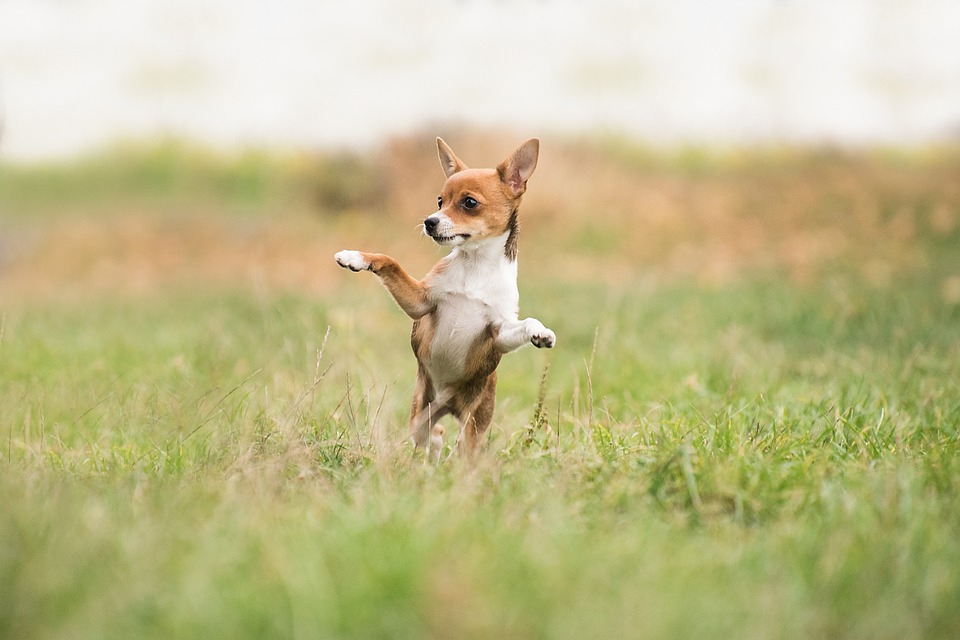
Introduction
When it comes to training a new dog, there are many factors that can contribute to their success or failure. From their breed to their age, there are a lot of things that can impact how quickly and effectively a dog learns new commands and behaviors. However, one surprising factor that may have an impact on a dog's training success is their name. In this article, we'll explore the link between dog names and training success, and how choosing the right name for your pup could make a difference in their training.
The Impact of Dog Names on Training
While the idea that a dog's name could impact their training success may seem far-fetched, there is actually some evidence to support this claim. One study conducted by researchers at the University of California, San Diego, found that dogs with shorter names were able to learn new commands more quickly than those with longer names. The researchers hypothesized that dogs with shorter names were able to more easily recognize and respond to their names, making it easier for them to learn new behaviors and commands.
Another study conducted by the University of Florida found that dogs with names ending in a vowel sound, such as "Buddy" or "Lucy," were more easily trainable than those with names ending in a consonant sound, such as "Max" or "Rocky." The researchers suggested that names with vowel sounds may be easier for dogs to recognize and respond to, leading to more successful training outcomes.
YOU MAY LIKE Dog names:
The Connection Between Dog Names and Training SuccessThe Cultural Impact on Dog Naming Trends
The Dos and Donʼts of Naming Your Dog
The Dutch Shepherd: A Versatile and Loyal Working Dog
The English Cocker Spaniel: A Versatile and Affectionate Companion
The Entlebucher Mountain Dog: A Loyal and Energetic Breed
The Finnish Lapphund: A Versatile and Beautiful Breed
The German Pinscher: A Versatile and Loyal Breed
The Graceful and Charismatic Ibizan Hound
Choosing the Right Name
So, how can you use this information to choose the right name for your new pup? If you want to give your dog the best chance at success in their training, there are a few things to consider when choosing their name. First, consider giving your dog a shorter name that is easy to say and recognize. Names with one or two syllables are often the easiest for dogs to respond to, so keep this in mind when brainstorming potential names for your new furry friend.
Additionally, consider choosing a name that ends in a vowel sound. While this may not be the most important factor in your decision, it could potentially make a difference in how easily your dog is able to learn new commands and behaviors. Ultimately, the most important thing is to choose a name that you love and that fits your dog's personality, but keeping these factors in mind could give your dog a little edge in their training.
Conclusion
While it may seem surprising, there is evidence to suggest that a dog's name can have an impact on their training success. Choosing a shorter name that ends in a vowel sound could potentially make it easier for your dog to learn new commands and behaviors, giving them a little boost in their training. However, it's important to remember that the most important factor in your dog's training success is the time and effort you put into working with them. With patience, consistency, and plenty of positive reinforcement, any dog can become a well-trained and obedient member of the family, regardless of their name.
FAQs
Q: Is it really true that a dog's name can impact their training success?
A: While more research is needed to fully understand the link between dog names and training success, there is some evidence to suggest that a dog's name could play a role in how easily they are able to learn new commands and behaviors.
Q: What are some tips for choosing the right name for my dog?
A: When choosing a name for your dog, consider giving them a shorter name that is easy to say and recognize. Additionally, names that end in a vowel sound may be easier for dogs to respond to, potentially making training easier.
Q: Are there any other factors that can impact a dog's training success?
A: There are many factors that can impact a dog's training success, including their breed, age, and individual personality. Consistency, patience, and positive reinforcement are key components of successful dog training, regardless of their name.
YOU MAY LIKE:
The 10 Best Large Dog Breeds for FamiliesThe 10 Complete Dog Breeds Guide for Beginners
The 10 Dog Breeds with the Best Eyesight
The 10 Dog Breeds with the Most Unique Coat Colors
The 10 Dog Breeds with the Best Sense of Smell
The 10 Dog Breeds with the Best Temperaments
The 10 Best Dog Breeds for Active People


